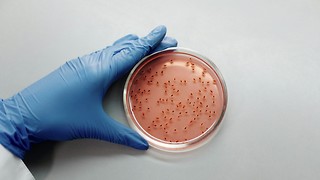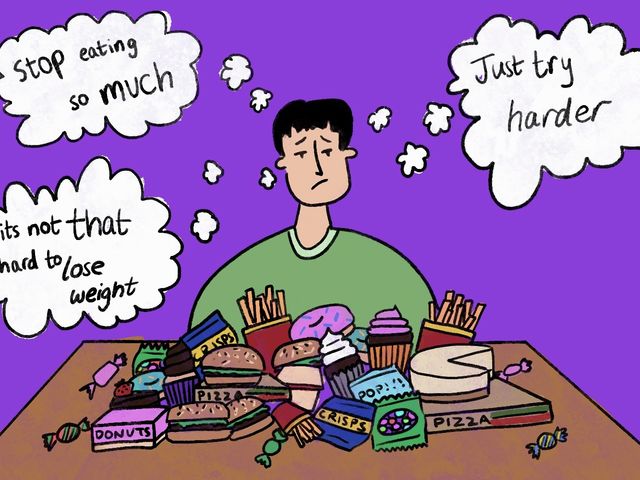
Ana Cañadas Garcia explores the social, biological, and environmental factors that shape our food choices

Charlotte Phillips describes her experience conducting a field campaign in Antarctica



Asha Torczon explores the psychology behind how we justify meat consumption

Interview
Dhruv Shenai speaks to Professor Siddharth Saxena about why scientists shouldn’t stay out of world politics

Rose Firth explores the science-backed ways you can refresh your room for 2026

The science behind muscle soreness (and what you can do to fix it)

The people turning to chatbots for a convenient alternative to human companionship

Kiya Gupta speaks to Dr Megha Pancholi about prioritising sexual health during term-time



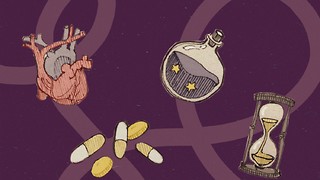



Dhruv Shenai gives a rundown on some of the latest scientific research

Kalina Poydovska explores the neural and evolutionary roots of our urge to club

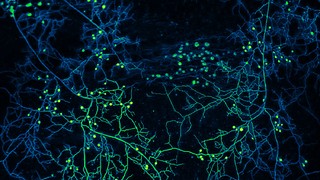






Nathaniel Ostle explores how the activity of these microscopic powerhouses may have resulted in the evolution of sleep

Beatrix Biagini explores how the portrayal of scientists in literature has evolved over the last four centuries



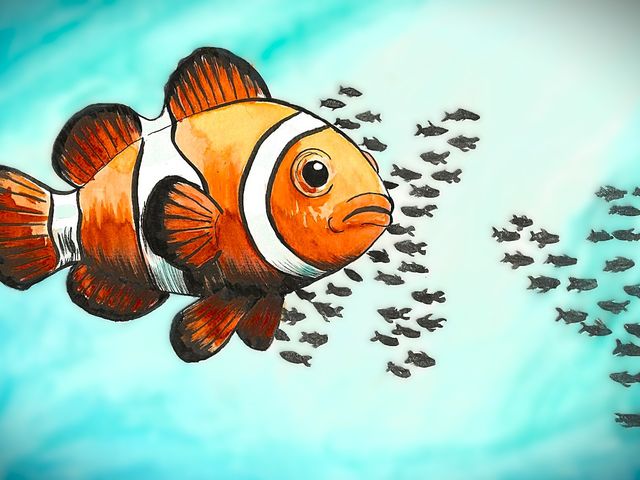
How human ideas about gender influence the way we describe the natural world

Timothy Moy explains the namesake of the new café in Harvey court

Flora Allen discusses a new ‘three-parent’ technique in IVF and the possible ethical repurcussions it faces

Kalina Poydovska explores how perceptual illusions manipulate your movie experience



Maya Kunchur takes a look at how exam term and May Week affect your body – and how to minimise the damage

Jenny Jiang gives an insight into the everyday fruits that can pose lethal threats
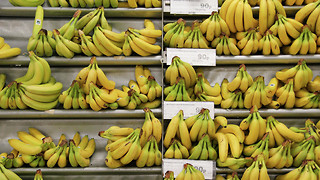

Darina Leonenko explores how media buzzwords and headline-chasing breakthroughs can generate hype which moves faster than the research
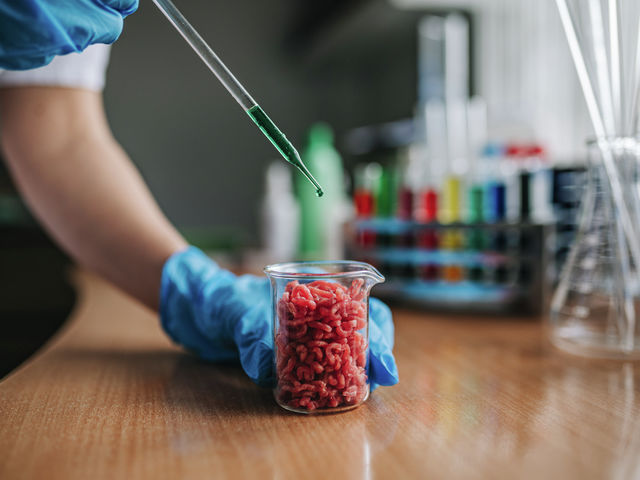
Are cell-cultivated products a realistic alternative to meat?

Opinion
Ellie Buckley explains how your lucky socks actually could be making you perform better

Research Round-up
Teymour Taj keeps you up-to-date with the latest scientific studies

Elizabeth Porter explores how plants have contributed to science, from heart failure to robotics

